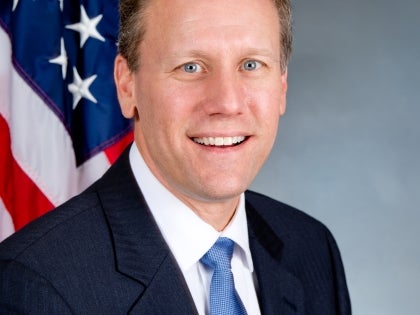
Budget Done, But Does End Justify Means?
This year’s state budget season included economic forecasts and unforeseen events that certainly presented unprecedented challenges for members of the Legislature and the new Governor. In the end we adopted a budget that was nine days late, and that had a share of restraint and many strong initiatives for Central New York. Still, I believe the final product, and the process, left much to be desired.
Still, as we face growing deficits and an uncertain economy, I believe this $122 billion budget did not go far enough in the way of restraint. With a 4.5% increase in state spending over last year, the budget again outpaced inflation and avoided many of the tough decisions and reductions that will become unavoidable in the years ahead.
Finally, the process used to finalize this year’s budget was disappointing, to say the least. With the extraordinary circumstances of this budget season, culminating in the inauguration of new Governor less then two weeks before the budget deadline, many lawmakers and members of the public seemed willing to overlook obvious steps backward in the budget process in the name of efficiency and expediency.
But, once the doors closed and the number of elected-representatives negotiating the details shrank, we were quickly reminded that this is the recipe for dysfunction. Rumors swirled about disagreements. Non-budget items dominated closed door bargaining. And we all saw again that a closed-door process simply does not work.
I believe that if this process had remained open and transparent, as it was the past few years, the budget would have been even more restrained and timely.
I also have the utmost confidence in the new Governor and his commitment to legislative reform and an open process. And I know that next year, no matter what happens, the people of this state will be best served by a budget process that is open and accountable to the people of this great state.

